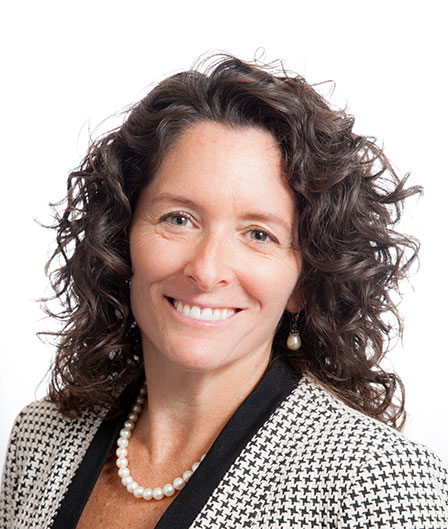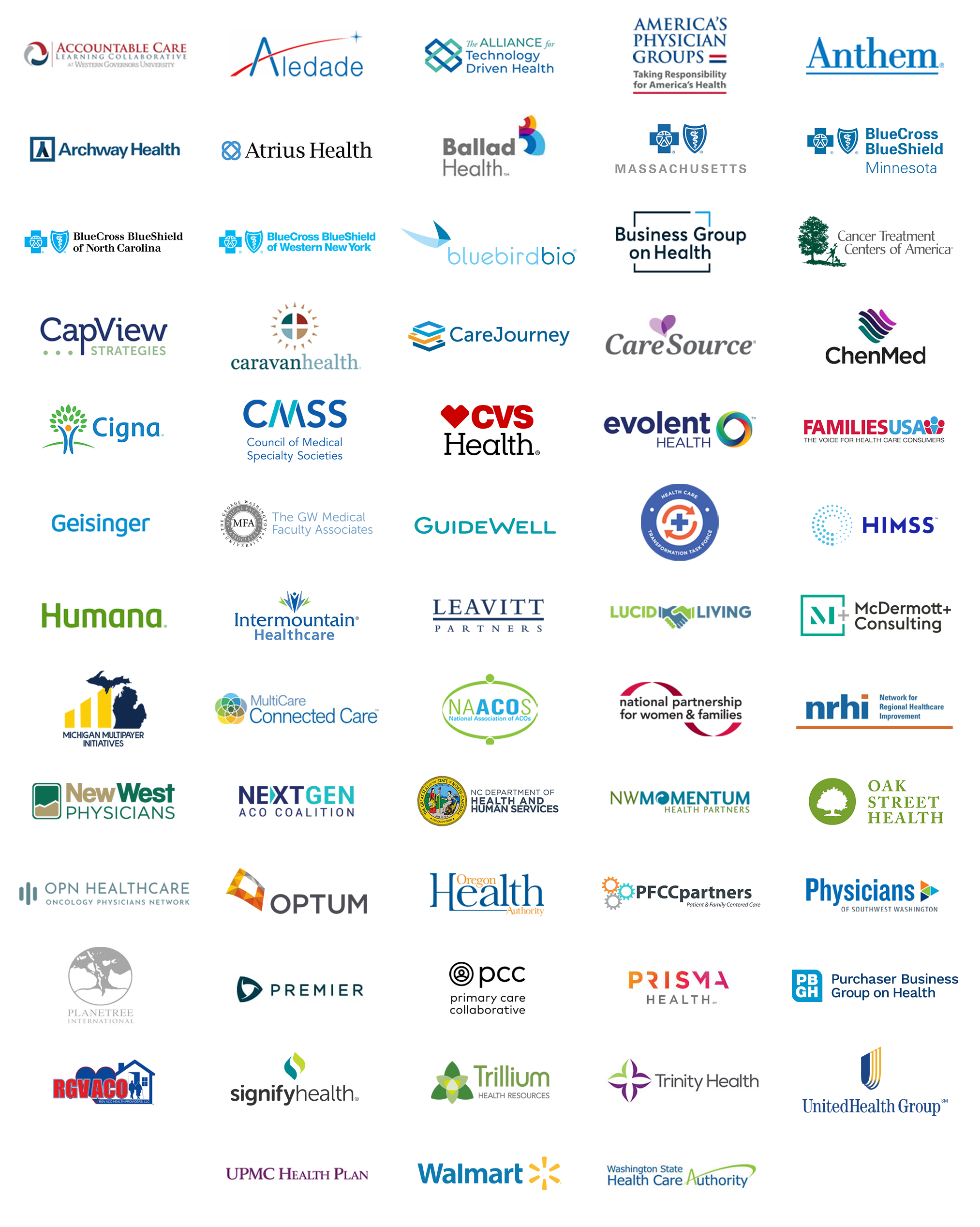Since holding its first virtual meeting on the topic of “Making the Business Case for Maternity APMs,” the MAC has held four more virtual meetings on the following topics: Quality Measurement (two-part virtual meeting series); Setting the Patient Population; and most recently, on May 22nd, Alternative Maternity Care Delivery Models and Services. This last meeting, attended by MAC members representing all stakeholder groups, featured expert speaker Cara Osborne, a Certified Nurse Midwife and Founder of Baby + Company, a network of free-standing birth centers. Cara described that the impetus for creating Baby + Company was to offer the type of comprehensive, person-centered care that is often challenging to provide in the traditional maternity care model. Highlights include:
- The traditional maternity care model typically includes monthly prenatal care visits with one practitioner that may last approximately 5 to 10 minutes. In the birth center model, practitioners spend an hour with the patient during her first visit, and 30 minutes for subsequent visits. The model also provides education and group prenatal care, face-to-face visits with the provider, home visits, telemedicine, and lactation consultation through six weeks post-partum.
- Unlike the standardized approach in the traditional model, this is a more tailored approach to care, which does create risk when delivering care within an episode-based flat fee. It was noted, however, that when there is a large enough patient population, the risk is minimized. Baby + Company’s contracts are full risk for any costs above the negotiated flat fee.
- Having a champion on the payer side can be critical to making progress. Cara noted the role that Susan Weaver, Chief Medical Officer at North Carolina Blue Cross Blue Shield, played when Baby + Company was seeking to create an episode payment contract for their birth center in Cary, North Carolina.
- Some percentage of birth center patients will transfer to a hospital or to a non-birth center care setting either during the prenatal care period or during labor. The key is for payers to determine a reimbursement model that distributes the reimbursement across the prenatal care phase, and does not center the majority of payment on the birth event alone.
- Data is critical to success. Baby + Company uses a three-year look-back period to analyze total costs, patient transfers, and other factors that affect where and when costs are accumulated.
- Education is key. Patients need to be aware of the differences in care available in different settings if there is to be significant culture change that drives the inclusion of these alternative models into current and future value-based payment and alternative payment models.
For more information on this and previous events – including slides, resource ebooks, and summaries – please visit the MAC Event page. Here you will find links to individual event pages for all virtual events – past and future – with session goals and links to sessions materials. For past events, the meeting summaries and session slides are available for download, and for future events, the link to the ReadyTalk registration pages are available for anyone who is interested in joining one of the virtual events. If you have any questions about the MAC, please contact Tanya Alteras or Leah Allen.

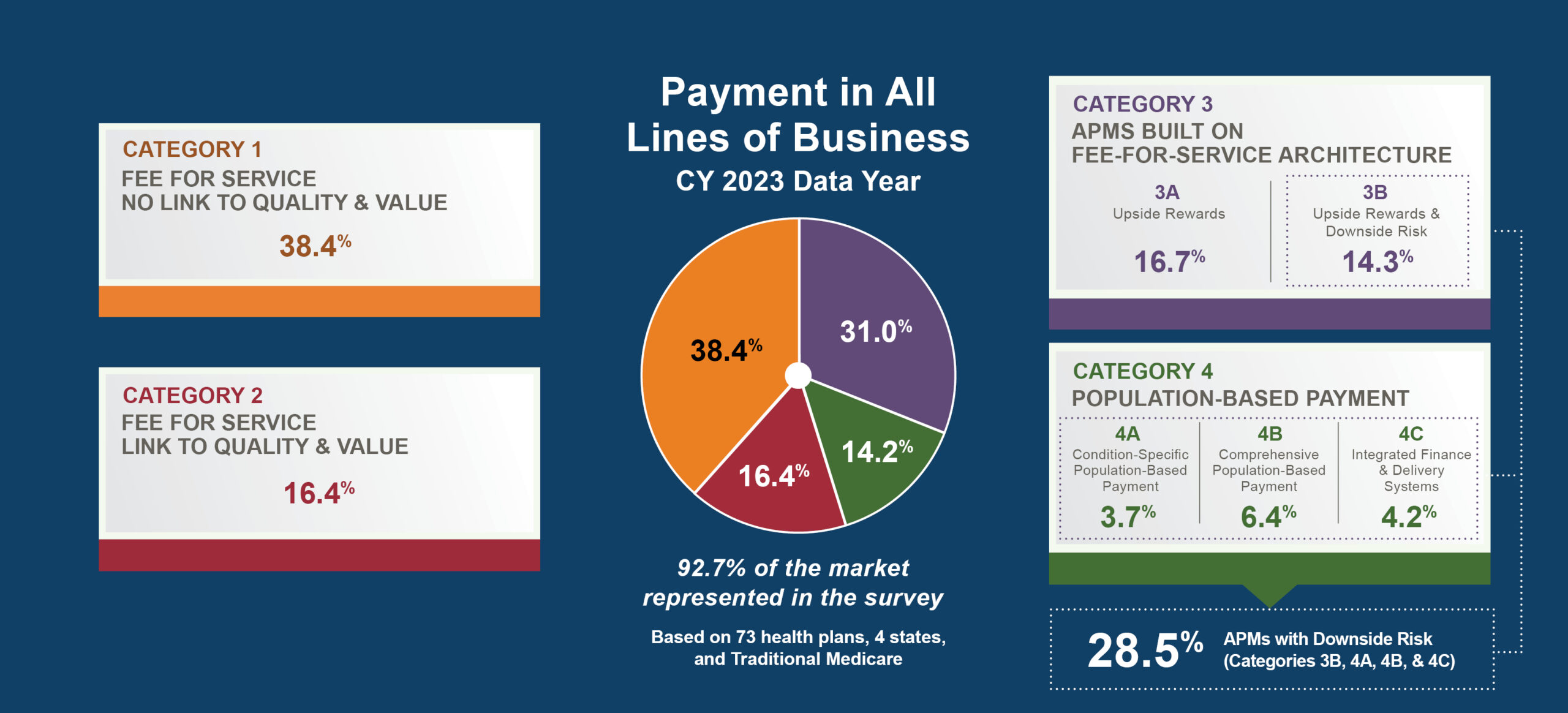
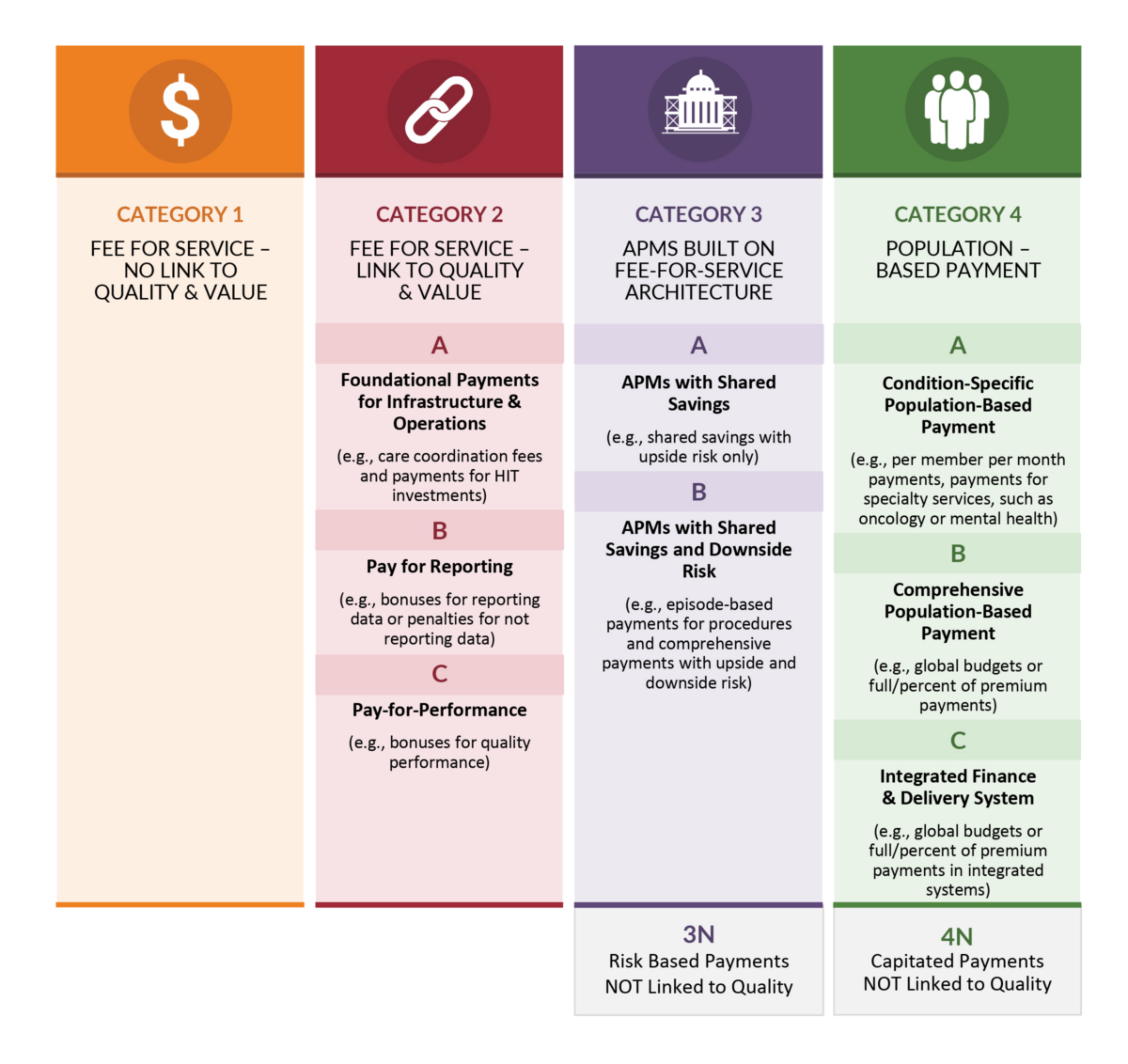

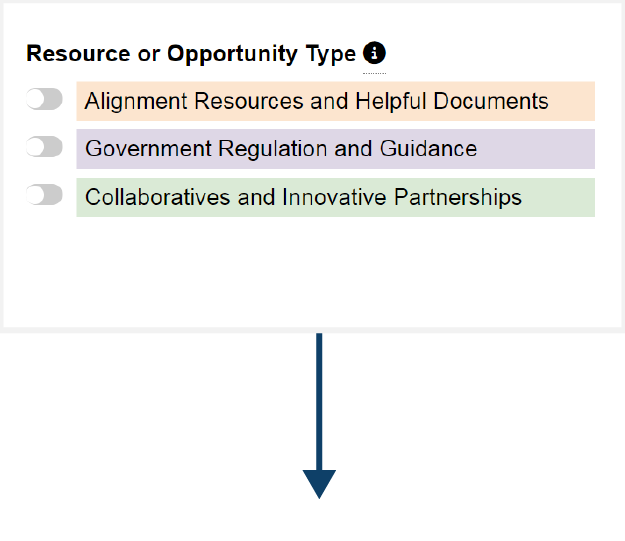
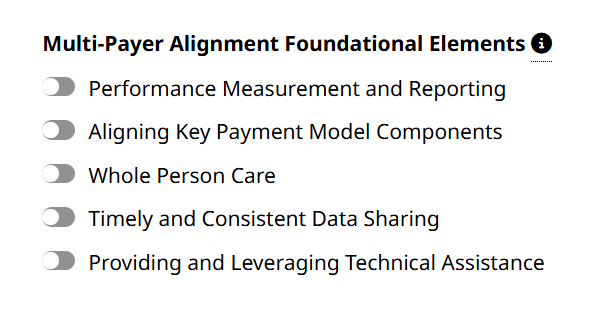
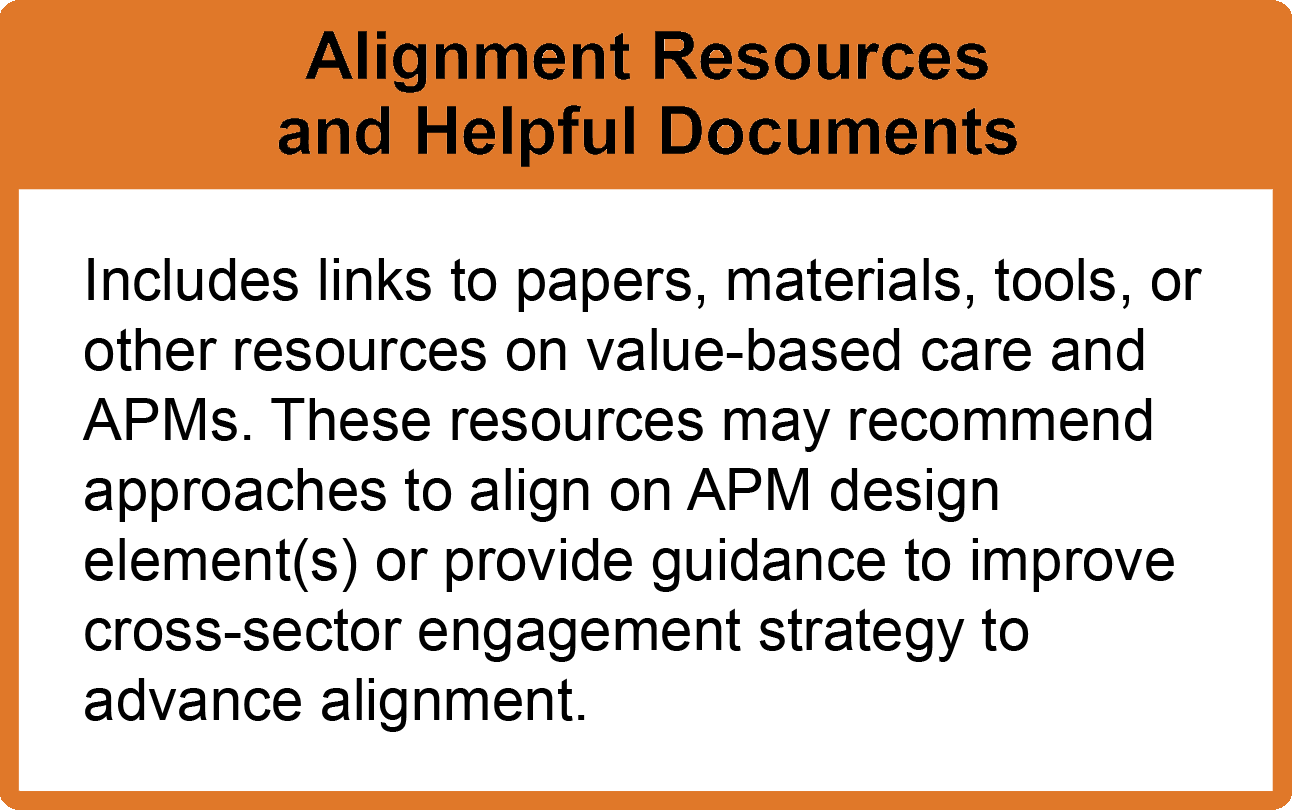
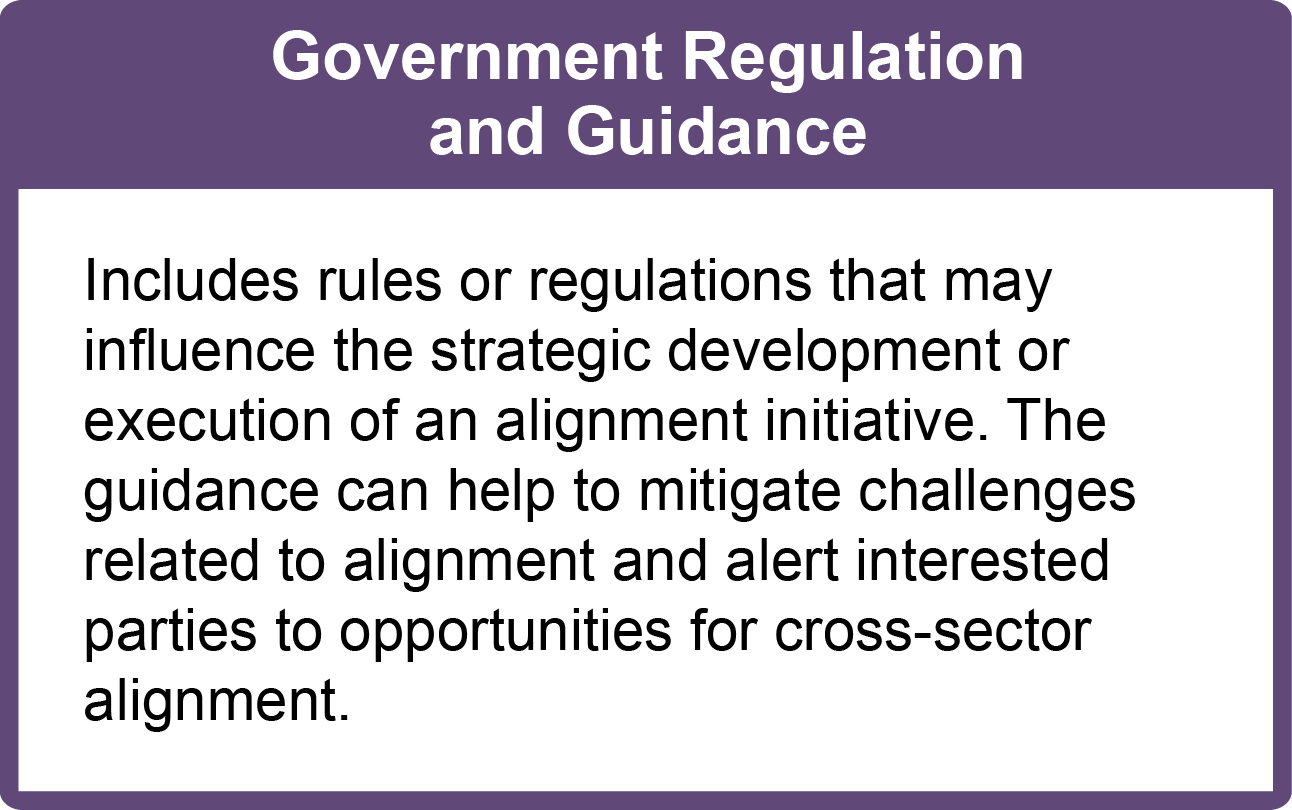
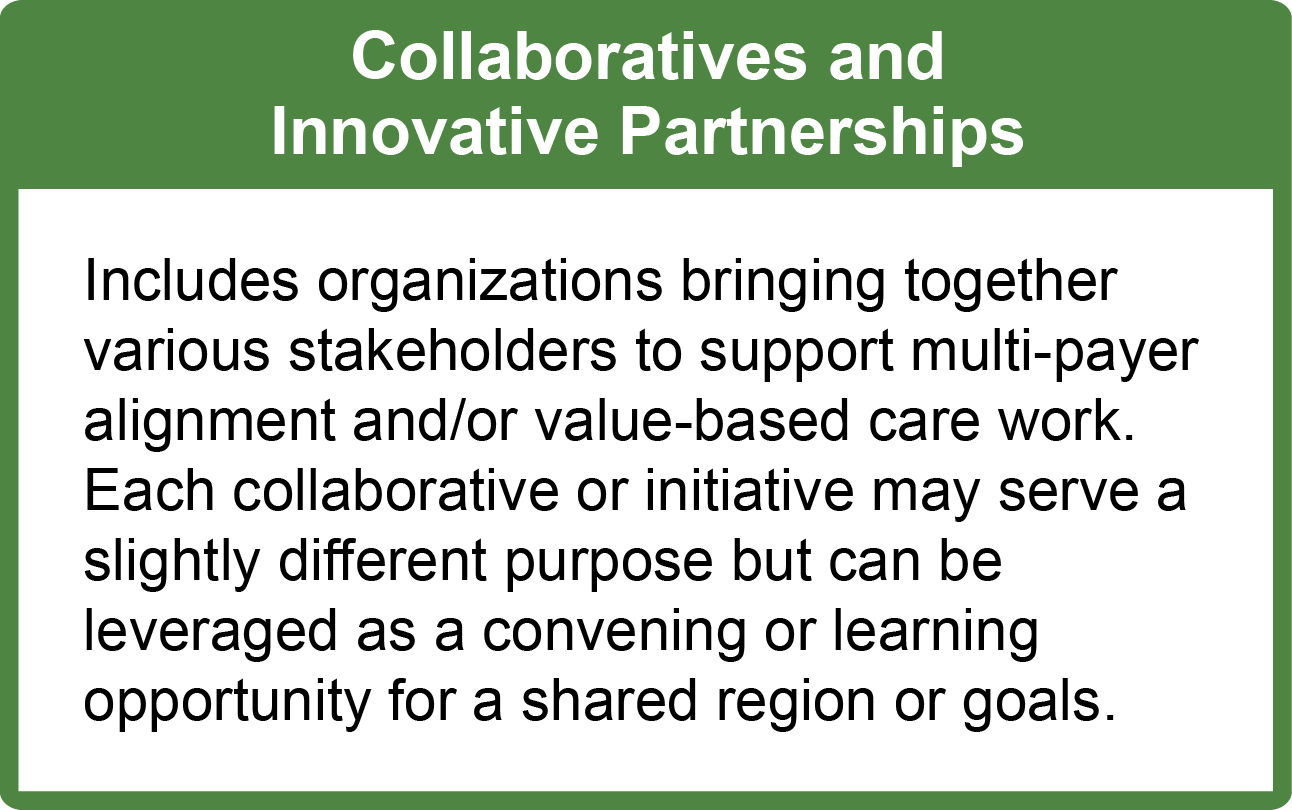

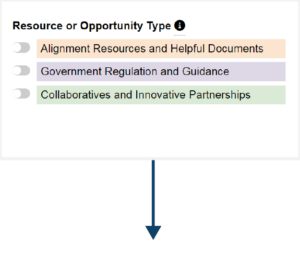
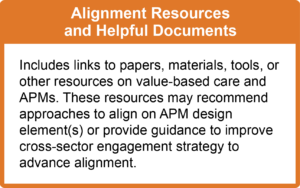

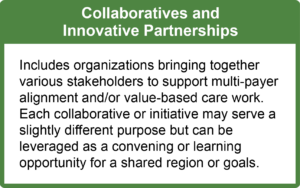
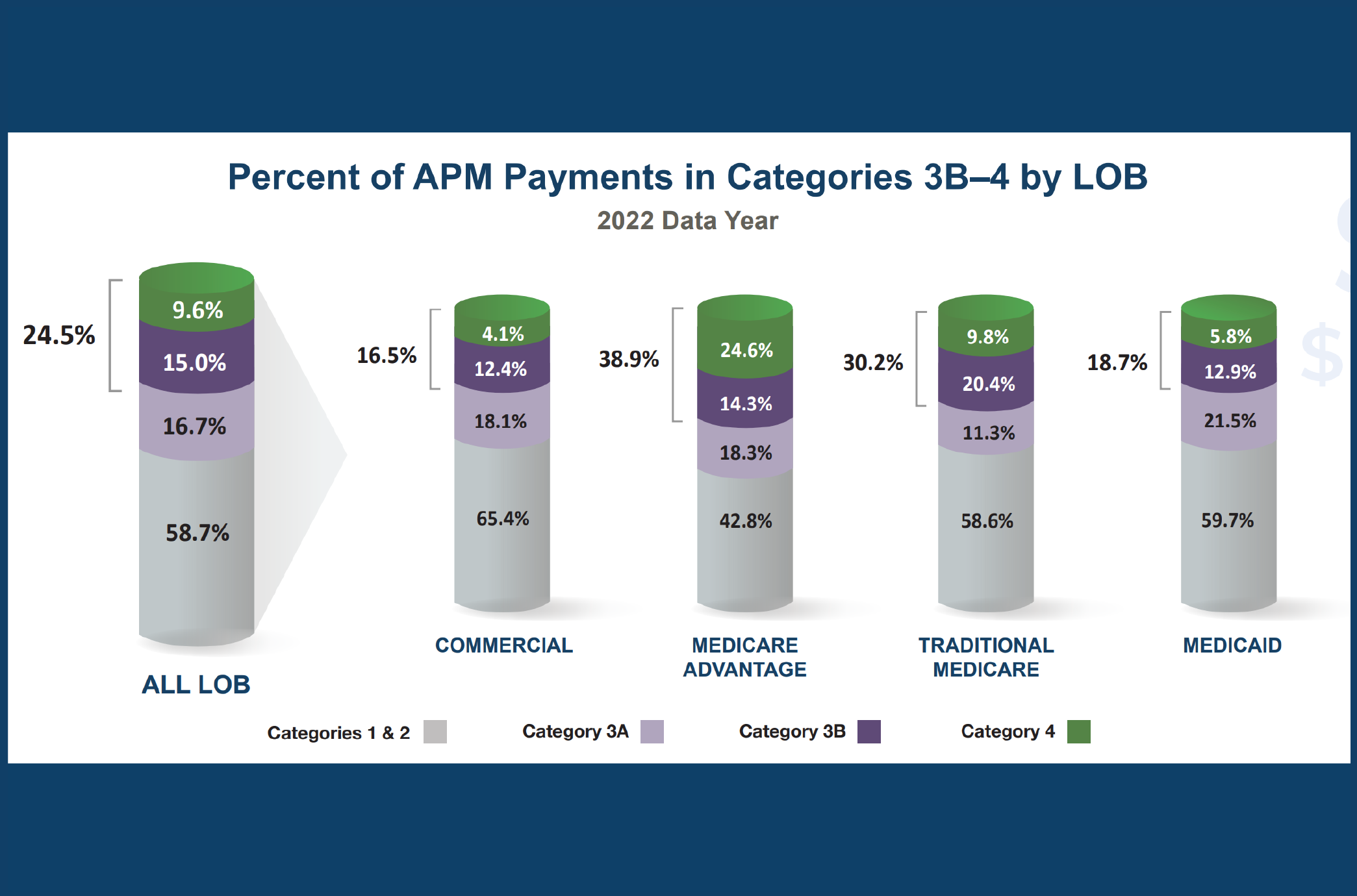
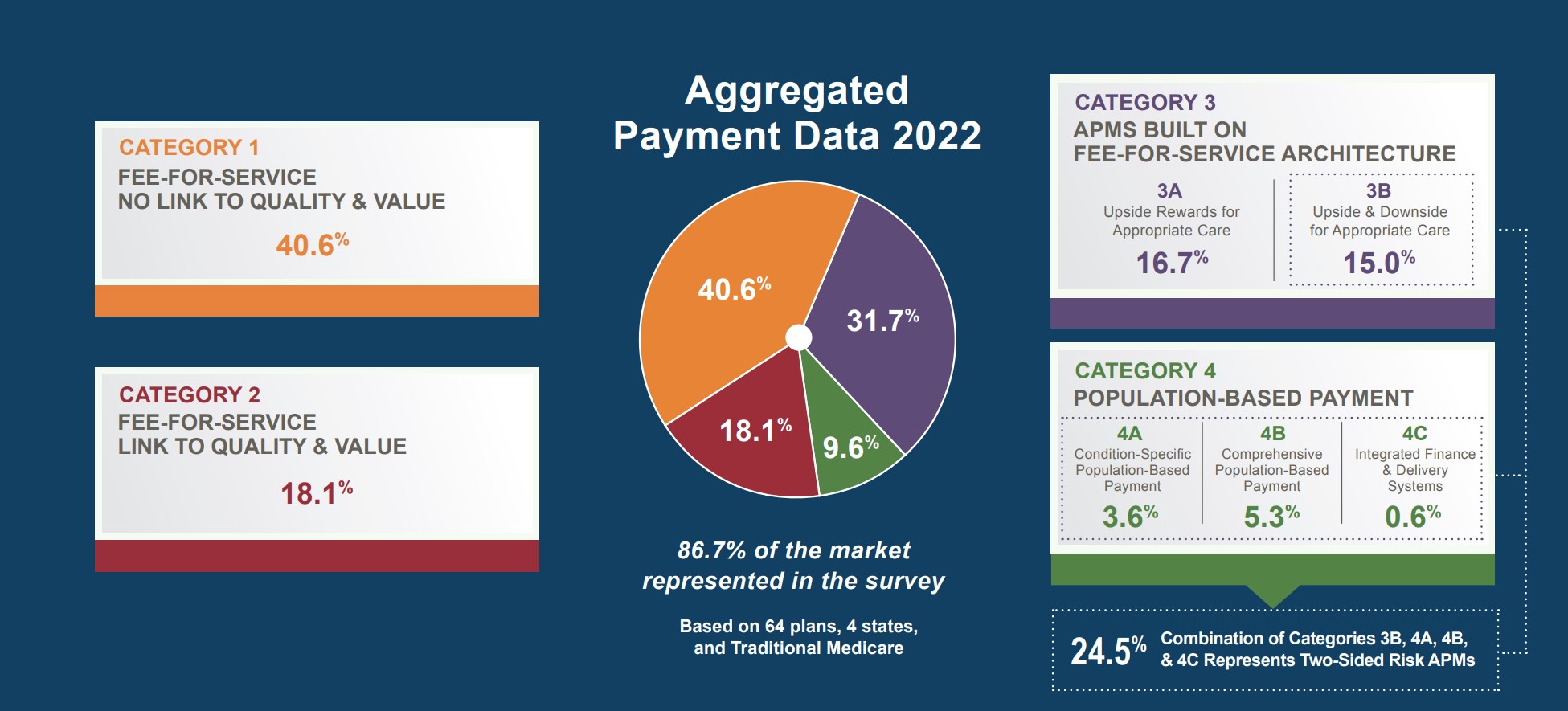
 Emily DuHamel Brower, M.B.A., is senior vice president of clinical integration and physician services for Trinity Health. Emphasizing clinical integration and payment model transformation, Ms. Brower provides strategic direction related to the evolving accountable healthcare environment with strong results. Her team is currently accountable for $10.4B of medical expense for 1.6M lives in Medicare Accountable Care Organizations (ACOs), Medicare Advantage, and Medicaid and Commercial Alternative Payment Models.
Emily DuHamel Brower, M.B.A., is senior vice president of clinical integration and physician services for Trinity Health. Emphasizing clinical integration and payment model transformation, Ms. Brower provides strategic direction related to the evolving accountable healthcare environment with strong results. Her team is currently accountable for $10.4B of medical expense for 1.6M lives in Medicare Accountable Care Organizations (ACOs), Medicare Advantage, and Medicaid and Commercial Alternative Payment Models. Victor is the Chief Medical Officer for TennCare, Tennessee’s Medicaid Agency. At TennCare, Victor leads the medical office to ensure quality and effective delivery of medical, pharmacy, and dental services to its members. He also leads TennCare’s opioid epidemic strategy, social determinants of health, and practice transformation initiatives across the agency. Prior to joining TennCare, Victor worked at Evolent Health supporting value-based population health care delivery. In 2013, Victor served as a White House Fellow to the Secretary of Health and Human Services. Victor completed his Internal Medicine Residency at Emory University still practices clinically as an internist in the Veteran’s Affairs Health System.
Victor is the Chief Medical Officer for TennCare, Tennessee’s Medicaid Agency. At TennCare, Victor leads the medical office to ensure quality and effective delivery of medical, pharmacy, and dental services to its members. He also leads TennCare’s opioid epidemic strategy, social determinants of health, and practice transformation initiatives across the agency. Prior to joining TennCare, Victor worked at Evolent Health supporting value-based population health care delivery. In 2013, Victor served as a White House Fellow to the Secretary of Health and Human Services. Victor completed his Internal Medicine Residency at Emory University still practices clinically as an internist in the Veteran’s Affairs Health System. Tamara Ward is the SVP of Insurance Business Operations at Oscar Health, where she leads the National Network Contracting Strategy and Market Expansion & Readiness. Prior to Oscar she served as VP of Managed Care & Network Operations at TriHealth in Southwest Ohio. With over 15 years of progressive health care experience, she has been instrumental driving collaborative payer provider strategies, improving insurance operations, and building high value networks through her various roles with UHC and other large provider health systems. Her breadth and depth of experience and interest-based approach has allowed her to have success solving some of the most complex issues our industry faces today. Tam is passionate about driving change for marginalized communities, developing Oscar’s Culturally Competent Care Program- reducing healthcare disparities and improving access for the underserved population. Tamara holds a B.A. from the University of Cincinnati’s and M.B.A from Miami University.
Tamara Ward is the SVP of Insurance Business Operations at Oscar Health, where she leads the National Network Contracting Strategy and Market Expansion & Readiness. Prior to Oscar she served as VP of Managed Care & Network Operations at TriHealth in Southwest Ohio. With over 15 years of progressive health care experience, she has been instrumental driving collaborative payer provider strategies, improving insurance operations, and building high value networks through her various roles with UHC and other large provider health systems. Her breadth and depth of experience and interest-based approach has allowed her to have success solving some of the most complex issues our industry faces today. Tam is passionate about driving change for marginalized communities, developing Oscar’s Culturally Competent Care Program- reducing healthcare disparities and improving access for the underserved population. Tamara holds a B.A. from the University of Cincinnati’s and M.B.A from Miami University.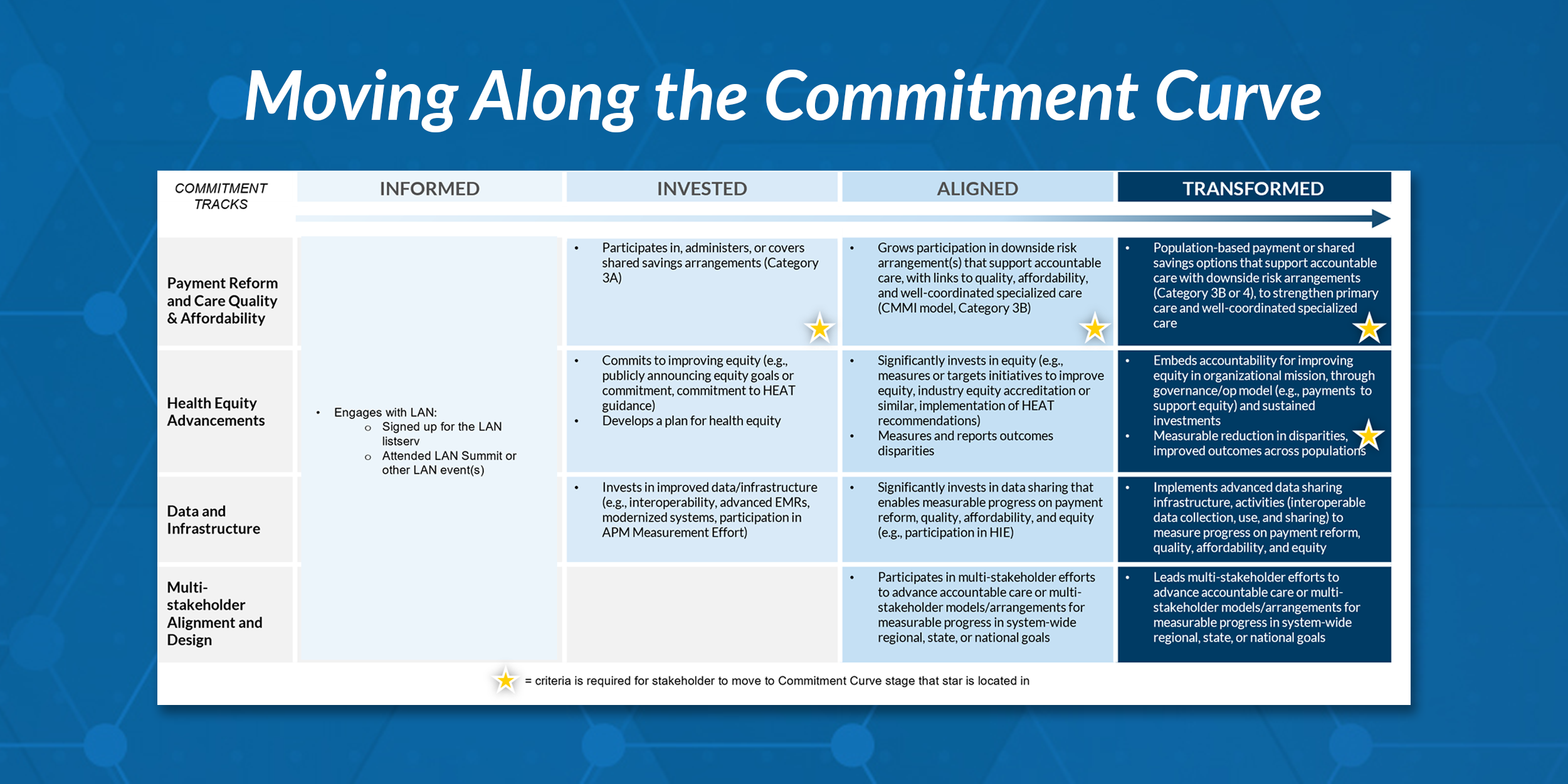
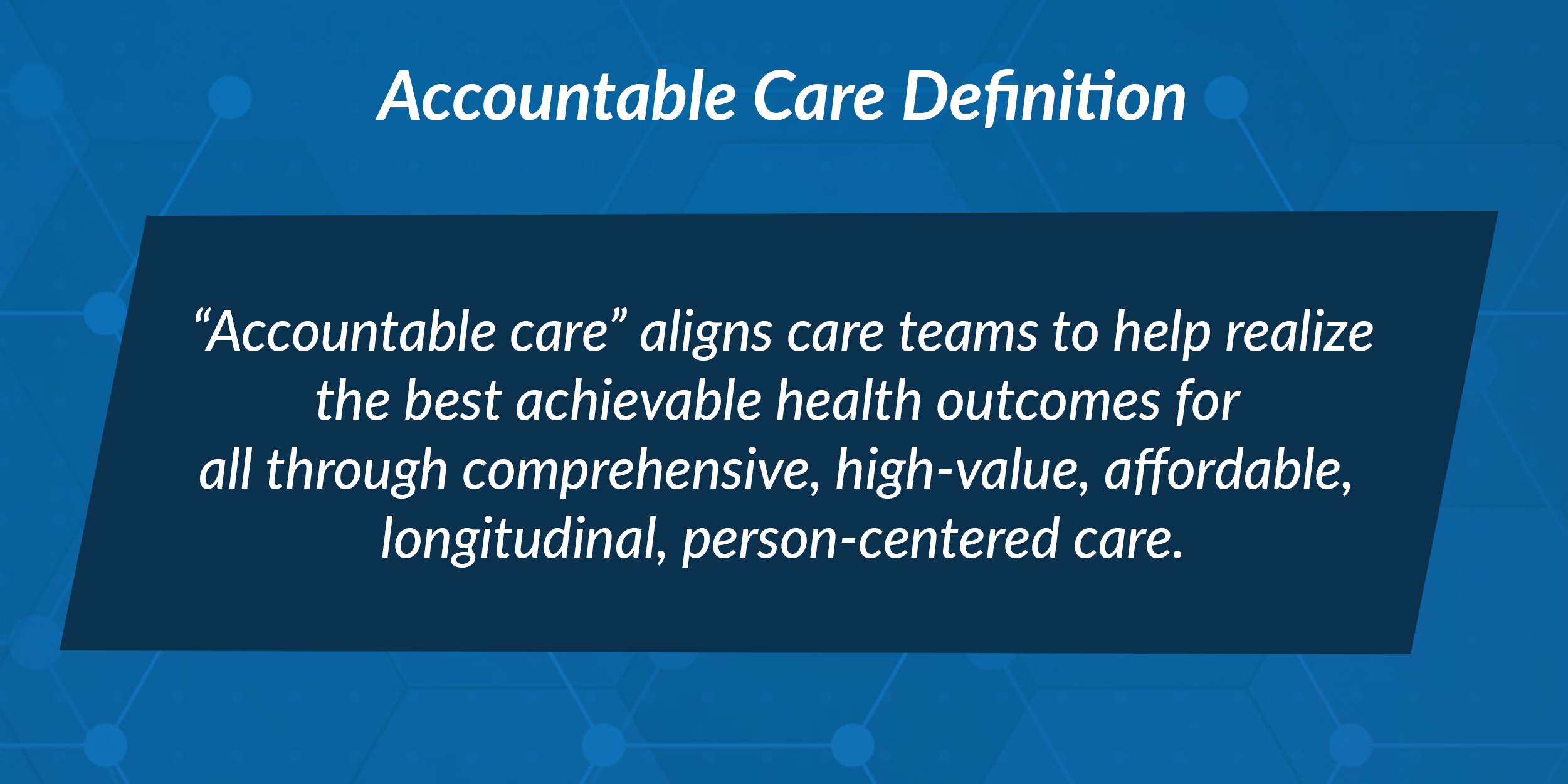
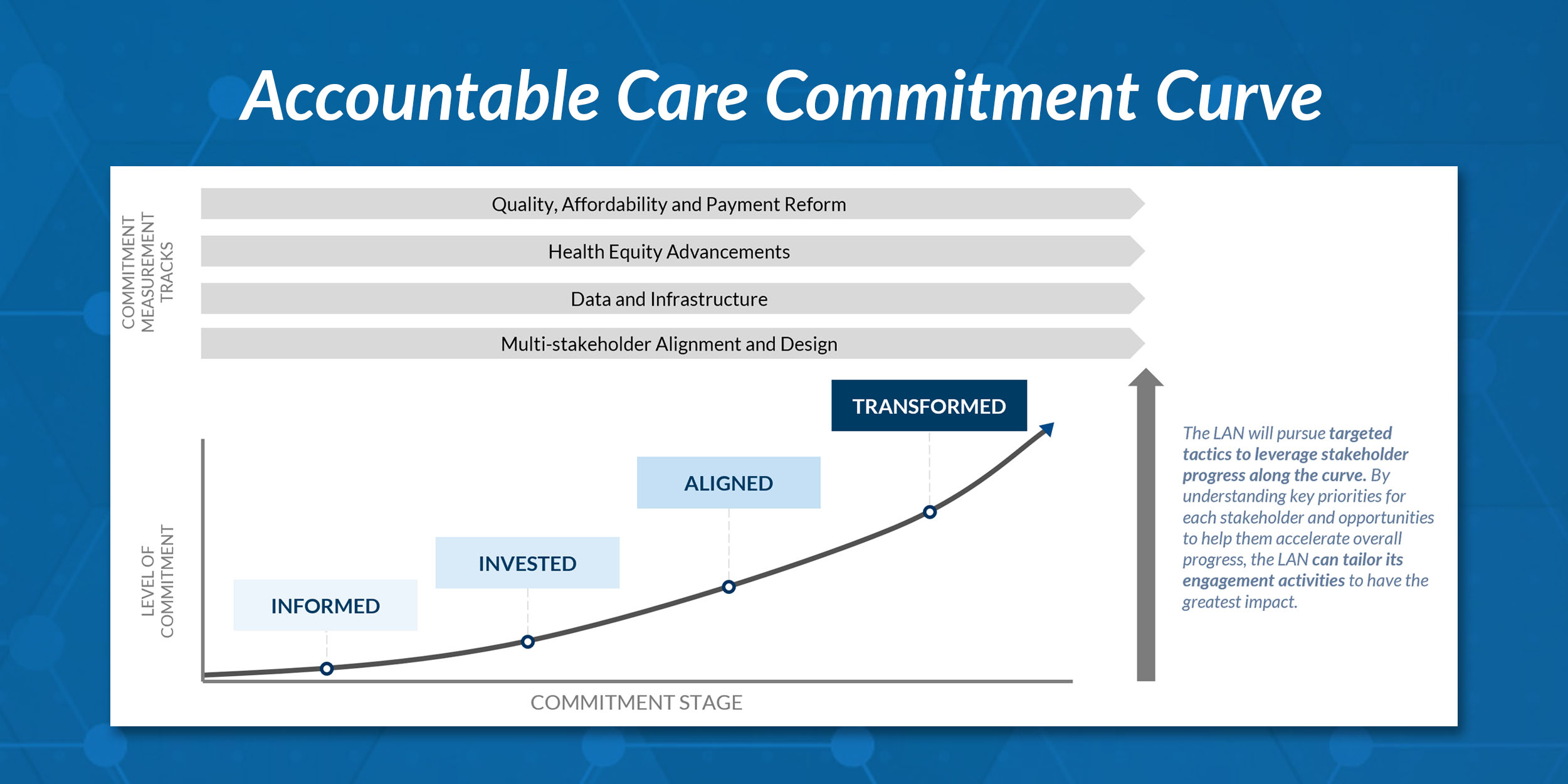
 Dr. Peter Walsh joined the Colorado Department of Health Care Policy and Financing as the Chief Medical Officer on December 1, 2020. Prior to joining HCPF, Dr. Walsh served as a Hospital Field Representative/Surveyor at the Joint Commission, headquartered in Oakbrook Terrace, Illinois.
Dr. Peter Walsh joined the Colorado Department of Health Care Policy and Financing as the Chief Medical Officer on December 1, 2020. Prior to joining HCPF, Dr. Walsh served as a Hospital Field Representative/Surveyor at the Joint Commission, headquartered in Oakbrook Terrace, Illinois.



